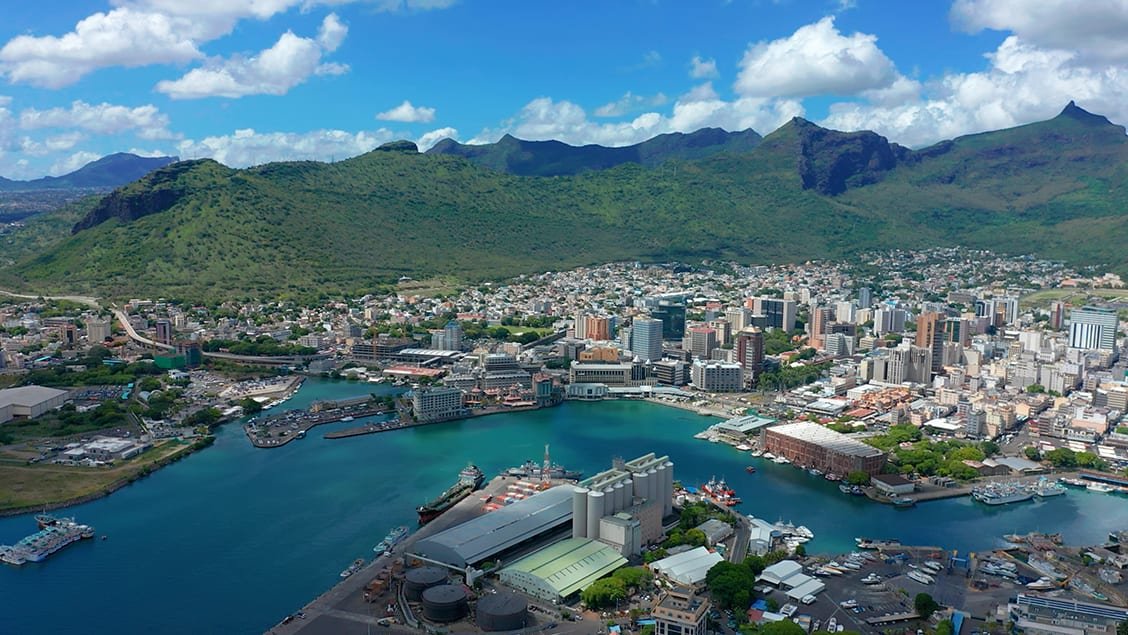Mauritius has long been recognized as a tropical paradise, famous for its white-sand beaches, turquoise waters, and welcoming culture. Yet, in recent years, the island nation has evolved into something more than a holiday destination. It is now a dynamic financial hub that attracts investors, entrepreneurs, and expatriates from all corners of the world. The ongoing financial shifts in Mauritius for foreigners have made the country a competitive and attractive location for both personal and corporate wealth management.
The Evolution of Mauritius as a Financial Hub
Mauritius’s rise as a financial center did not happen overnight. For decades, the country’s economy relied heavily on sugar exports and tourism. However, through strategic economic reforms, the government diversified its economic portfolio to include finance, technology, and investment.
Today, Mauritius is considered one of the most stable and business-friendly countries in Africa. The Mauritian International Financial Centre (IFC) plays a key role in connecting Africa and Asia, serving as a gateway for international investors who seek access to both continents. Its transparent regulatory framework, low tax regime, and robust legal system based on English common law have made it a trustworthy environment for global investors.
Key Financial Shifts Impacting Foreigners
Revised Tax Policies and Double Taxation Treaties
One of the most significant financial shifts in Mauritius involves taxation. The country has updated several of its Double Taxation Avoidance Agreements (DTAAs) to align with global standards and prevent treaty abuse. This shift ensures that Mauritius remains compliant with international tax transparency norms while still offering competitive tax incentives.
Foreign investors and expatriates benefit from a 15% flat corporate and personal income tax rate, with no capital gains or inheritance tax. Additionally, partial exemptions on certain types of foreign income—like dividends and interest—continue to make Mauritius an appealing destination for wealth management.
Enhanced Residency and Investment Programs
Mauritius has made strategic reforms to attract foreign talent and capital. The Permanent Residency and Occupation Permit (OP) schemes have been simplified, allowing foreigners to live, work, or invest in Mauritius more easily.
The minimum investment requirement for residency has been reduced, while the validity of permits has been extended from three to ten years in many cases. This provides a sense of stability and long-term security for expatriates.
Foreign investors who purchase property under government-approved schemes, such as the Property Development Scheme (PDS) or Smart City Scheme, can also qualify for residency. This integration of real estate and financial incentives has fueled an influx of high-net-worth individuals relocating to the island.
Growth of the Fintech and Digital Economy
Mauritius is embracing innovation by promoting a digital-first financial ecosystem. The Financial Services Commission (FSC) has introduced frameworks for fintech, digital banking, and virtual assets, ensuring the country remains competitive in the evolving global economy.
These measures attract international investors who are looking to establish cryptocurrency funds, digital payment platforms, and blockchain-driven services within a stable regulatory environment. The government’s commitment to innovation positions Mauritius as one of the most advanced digital financial centers in the region.
Stronger Compliance and Transparency Measures
Global financial integrity has become a top priority for Mauritius. The country has strengthened its Anti-Money Laundering (AML) and Counter-Terrorist Financing (CFT) frameworks to align with international standards. After being removed from the FATF “grey list,” Mauritius has demonstrated its dedication to maintaining clean and compliant financial operations.
For foreigners, this shift provides confidence and assurance that their investments are protected under a transparent and internationally respected system. It also enhances Mauritius’s reputation as a credible financial jurisdiction.
Benefits for Foreign Investors and Expats
Foreigners now view Mauritius not only as a scenic retreat but also as a smart financial destination. Here are some of the key advantages:
- Favorable tax structure: Low taxes with no capital gains or inheritance duties.
- Political and economic stability: A democratic government and steady economic growth ensure security for long-term investments.
- Global connectivity: Excellent access to African and Asian markets through trade agreements and air connectivity.
- Ease of doing business: Straightforward procedures for company registration, property ownership, and bank account setup.
- High quality of life: Modern infrastructure, healthcare, education, and safety make Mauritius a desirable relocation option for families.
Challenges and Considerations
While Mauritius offers numerous financial benefits, foreigners must also consider a few challenges. The cost of living can be relatively high in urban centers, especially in areas popular with expatriates. Additionally, navigating certain legal procedures, such as land acquisition or taxation filings, may require professional guidance.
Furthermore, with the evolving international tax landscape, Mauritius is continuously updating its financial policies. Foreign investors should stay informed to ensure compliance and optimize their financial strategies.
The Future of Financial Mauritius for Foreigners
Looking ahead, Mauritius is poised to strengthen its position as a premier financial and investment hub. The government’s focus on sustainability, digital transformation, and international cooperation will continue to attract foreign capital and expertise.
The country’s growing reputation as a stable base for offshore investment, fintech innovation, and wealth management positions it as a global example of how small nations can thrive through strategic financial reform.
Conclusion
The financial shifts in Mauritius for foreigners represent a broader transformation of the island’s economic identity—from a tourism-dependent nation to a sophisticated, globally connected financial hub. Through its favorable tax policies, modern regulatory framework, and openness to innovation, Mauritius continues to offer unmatched opportunities for foreign investors and residents alike.
For those seeking a secure, transparent, and future-ready environment to grow their wealth or establish their business, Mauritius stands as one of the most promising financial landscapes in the world.


